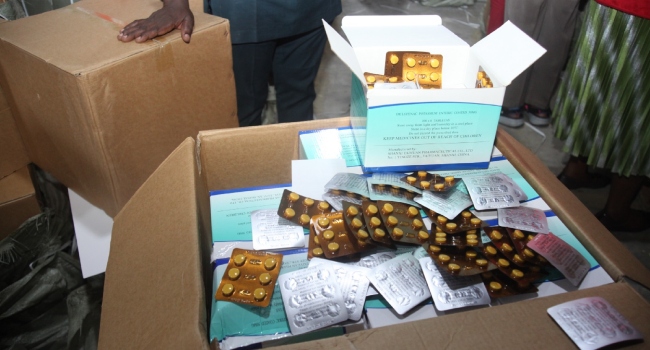The Federal Government has introduced new reforms in the health sector aimed at tackling waste, contract inflation, and the circulation of fake drugs.
The move comes with the certification of a fresh set of procurement officers under the CIPS–HPA Nigeria qualification programme, which officials described as a step toward better transparency and safer access to medicines.
Speaking at a graduation ceremony in Abuja, the Director-General of the Bureau of Public Procurement, Dr Adebowale Adedokun, said the certification represents professional competence and ethical standards.
“Your success means that woman who requires basic health care and that child who needs basic medical drugs can feel assured that they will get standard prescriptions when they visit any health facility,” Adedokun told the graduates.
He added that the initiative would block malpractice. “That we now have a crop of people who will say no to fake drugs, who will say no to inflation of contracts, and who will say no to wrong prescriptions is what this certificate means,” he said.
Adedokun also revealed that the government had adjusted procurement thresholds to match economic realities and introduced standard documents and sourcing strategies for health supplies.
He warned procurement staff to register with the National Procurement Officers Management System, saying, “If you are not there, you are not a procurement officer. You are a quack.”
CIPS Country Director, Chukwudi Uche, noted that the programme was already saving money for some states. “Through our support, some of these states have recorded about 40 to 50 per cent improvement in the cost of health products. The implication is that more Nigerians can now access affordable, quality-assured medicines,” Uche said.
He explained that better procurement practices would also boost local production and strengthen the supply chain.
Also speaking, CIPS Country Manager, Pharm. Omokhapue Joseph, said participants were drawn from federal and state agencies, including the Federal Ministry of Health, the Pharmacy Council of Nigeria, and the BPP.
“We see these officers as catalysts and change agents that can help regulators make better policies and guidelines to reform the health sector,” Joseph said.
He added that the programme, supported by the Gates Foundation, was designed to fix long-standing gaps in health procurement by building capacity and improving accountability.
Officials at the event stressed that the reforms would ensure coherence, reduce duplication, and improve efficiency in health procurement nationwide.










